Most personality tests are idiotic. But this one is great.
Try the Enneagram test. You won't regret it.

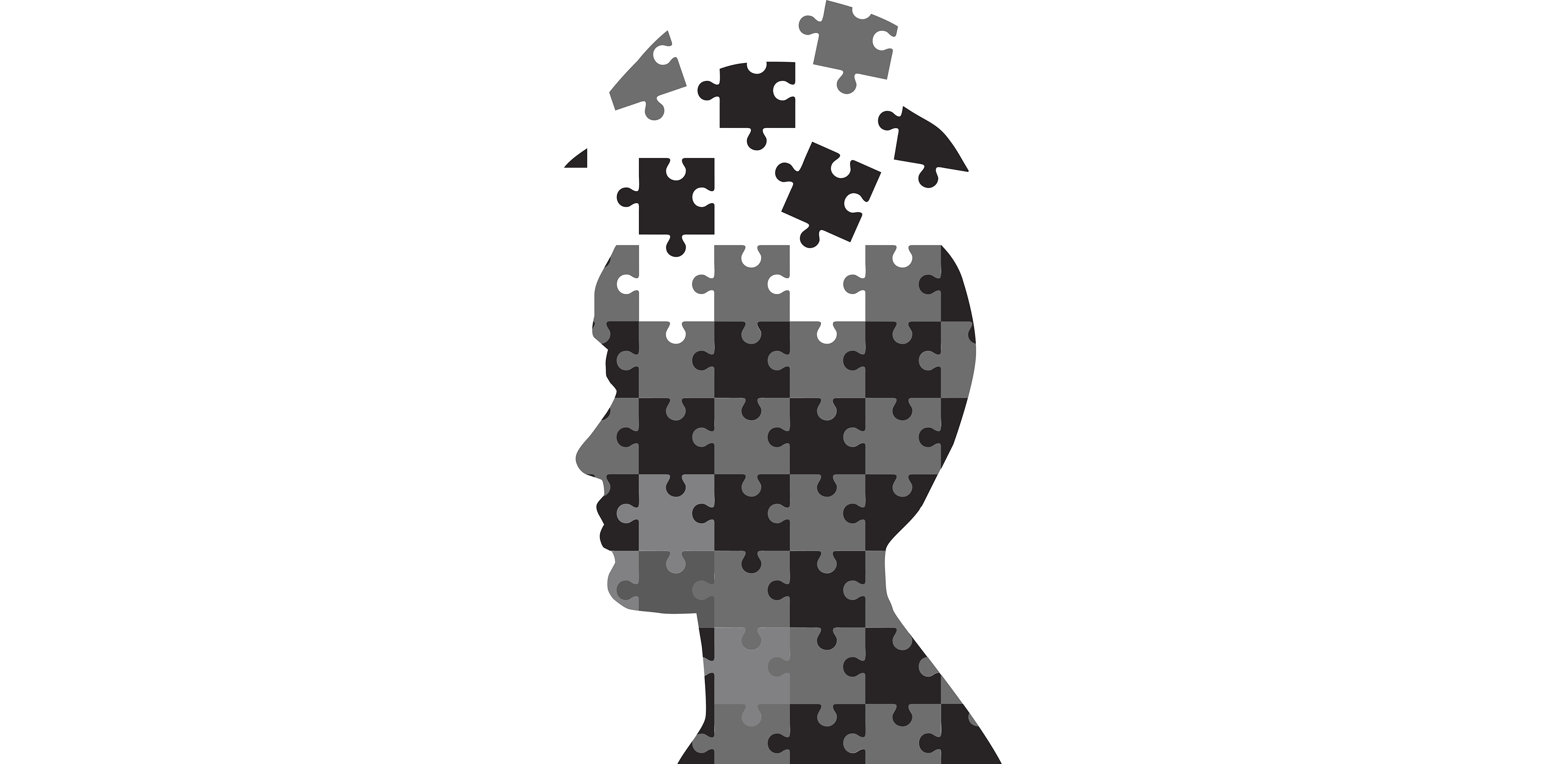
A free daily email with the biggest news stories of the day – and the best features from TheWeek.com
You are now subscribed
Your newsletter sign-up was successful
A curious quirk of the internet era is how we have chosen the online personality quiz as a primary tool of self-examination.
I say "we" not as a royal we but as an encompassing category that I regularly discover via social media includes all sorts of people — elderly relatives, former professors, and so on — whom I would have thought too serious to be lured by the siren call of such trifling endeavors in pop psychology. But lured they are. And more often than I'd like to admit, I am too.
The online personality quiz is a variable beast. Preeminent in its class is, of course, the pseudoscientific Myers–Briggs Type Indicator (MBTI), which purports to offer a four-letter code capable of encapsulating your very essence. MBTI is centered on four dichotomies — introversion vs. extraversion, intuition vs. sensing, thinking vs. feeling, and perception vs. judging — and online analyses with which we can sort ourselves according to this scheme abound. (I am on the border between INTJ and ISTJ.)
The Week
Escape your echo chamber. Get the facts behind the news, plus analysis from multiple perspectives.

Sign up for The Week's Free Newsletters
From our morning news briefing to a weekly Good News Newsletter, get the best of The Week delivered directly to your inbox.
From our morning news briefing to a weekly Good News Newsletter, get the best of The Week delivered directly to your inbox.
Then there are the lesser quizzes, many of which are tied to some media franchise: "What character from Parks and Rec are you?" (Ben Wyatt.) "Which Jane Austen heroine are you?" (Elinor Dashwood.) Most famous of this category is the Pottermore quiz, which acts as the Sorting Hat from the Harry Potter series to place you in one of the four Hogwarts houses: brave and determined Gryffindor, hardworking and loyal Hufflepuff, ambitious and cunning Slytherin, or wise and clever Ravenclaw. (I am a Hufflepuff on the better-quality quizzes and a Ravenclaw on the ones with lots of grammar mistakes.)
At the bottom of the barrel are the garbage quizzes featured on BuzzFeed and its ilk. Where at least the media franchise quizzes can reference a well-developed fictional world, these garbage quizzes exist purely to earn their creators ad revenue and waste participants' time. On BuzzFeed's quiz page as of this writing are such luminous offerings as "How Many Of These 40 Types Of People Do You Hate?" plus "Spend A Lot Of Money On Clothes And We'll Guess Your Favorite Type Of Food" and "Screw Tarot Cards, Create Your Own Ben & Jerry's Ice Cream And We'll Tell You Your Future.” (I cannot tell you what I scored on any of those because I couldn't bring myself to click the links.)
These quizzes and their popularity may be the best available evidence for truly appalling cultural decline, but I get the appeal: The results are so flattering. "People with the INTJ personality type are imaginative yet decisive, ambitious yet private, amazingly curious, but they do not squander their energy," I'm told, while Hufflepuffs are "are just, loyal, true, patient, and never one to shy away from a challenge. AKA: the perfect best friend candidates."
Who doesn't want to hear this stuff? Sure, the MBTI and similarly elaborate quizzes will offer some warnings of potential dysfunctional behavior, or maybe you test as Jerry on Parks and Rec. But, generally speaking, online personality quizzes are designed to make users feel as if they've taken a look in the mirror and found the view is pretty good.
A free daily email with the biggest news stories of the day – and the best features from TheWeek.com
That is why, if we must do personality typing, I recommend the Enneagram as the way to go. This is a set of nine personality types, each identified by their "tragic flaws, sin tendencies, primary fears, and unconscious needs." The system's origins are debated, but some argue it can be traced to an early Christian mystic who identified nine basic sins, a list similar to the better-known seven deadly sins.
So focused is the Enneagram on critical self-evaluation that enthusiasts commonly observe the best way to know if you've accurately identified your type is to ask whether you're thoroughly convinced yours is the very worst type on the list. As one Twitter user succinctly put it, where MBTI is "really positive and about all your strengths," the Enneagram is "This Is Every Reason Why You Are Disgusting."
That's a bit of an exaggeration, but not much. For example, I always overwhelmingly test as an Enneagram Type Eight. This type is typically called "the challenger," which sounds like another flattering personality test result until you read a little further. Eights are described with phrases like "ego-centric and domineering" or "intimidating, insensitive, and domineering" or "domineering [because] their unwillingness to be controlled by others frequently manifests in the need to control others instead." ("Domineering" comes up a lot.) This type can be impervious to criticism and social convention, using emotional distance as a self-preservation mechanism. The basic fear is being controlled by others; the basic need is to have something to oppose.
It's not a pretty reflection, and it's not supposed to be. "If we can't self-observe, then we can't self-correct," explains Chris Heuertz, author of a recent book on the Enneagram as a tool of spiritual growth. Heuertz argues that that what makes the Enneagram distinct from most personality typing systems is its interest in character — "what we develop through our inner work" — as opposed to personality — "a collection of fragments," like our interests, experiences, and quirks. That's why the Enneagram draws attention not to our fixed traits, such as introversion, but to our motivating fears and most comfortable vices. It is intended to be a starting point for the hard work true self-examination should galvanize.
The Enneagram is not something I think about daily or even weekly. It has not changed my life, but it has helped. It explained why friends often tell me they found me intense or intimidating when we first met. It shed light on my interactions with my husband, especially in how we both think about long-term plans and career choices. The Enneagram has also helped me examine my own reliance on material goods and money as a source of security, reminding me to ask how I can be more generous and whether I'm buying more than I need. And it challenges me to pay attention to my interest in power, and to whether I'm using that interest well, like to shine light on injustice, corruption, and abuse.
If these sound like valuable promptings for character construction, try taking an Enneagram test. It'll scratch your internet quiz itch, and you'll know the results are right when reading your type's description gives you that sinking feeling that comes when forced to confront your deepest flaws.
Bonnie Kristian was a deputy editor and acting editor-in-chief of TheWeek.com. She is a columnist at Christianity Today and author of Untrustworthy: The Knowledge Crisis Breaking Our Brains, Polluting Our Politics, and Corrupting Christian Community (forthcoming 2022) and A Flexible Faith: Rethinking What It Means to Follow Jesus Today (2018). Her writing has also appeared at Time Magazine, CNN, USA Today, Newsweek, the Los Angeles Times, and The American Conservative, among other outlets.
-
 6 of the world’s most accessible destinations
6 of the world’s most accessible destinationsThe Week Recommends Experience all of Berlin, Singapore and Sydney
-
 How the FCC’s ‘equal time’ rule works
How the FCC’s ‘equal time’ rule worksIn the Spotlight The law is at the heart of the Colbert-CBS conflict
-
 What is the endgame in the DHS shutdown?
What is the endgame in the DHS shutdown?Today’s Big Question Democrats want to rein in ICE’s immigration crackdown
-
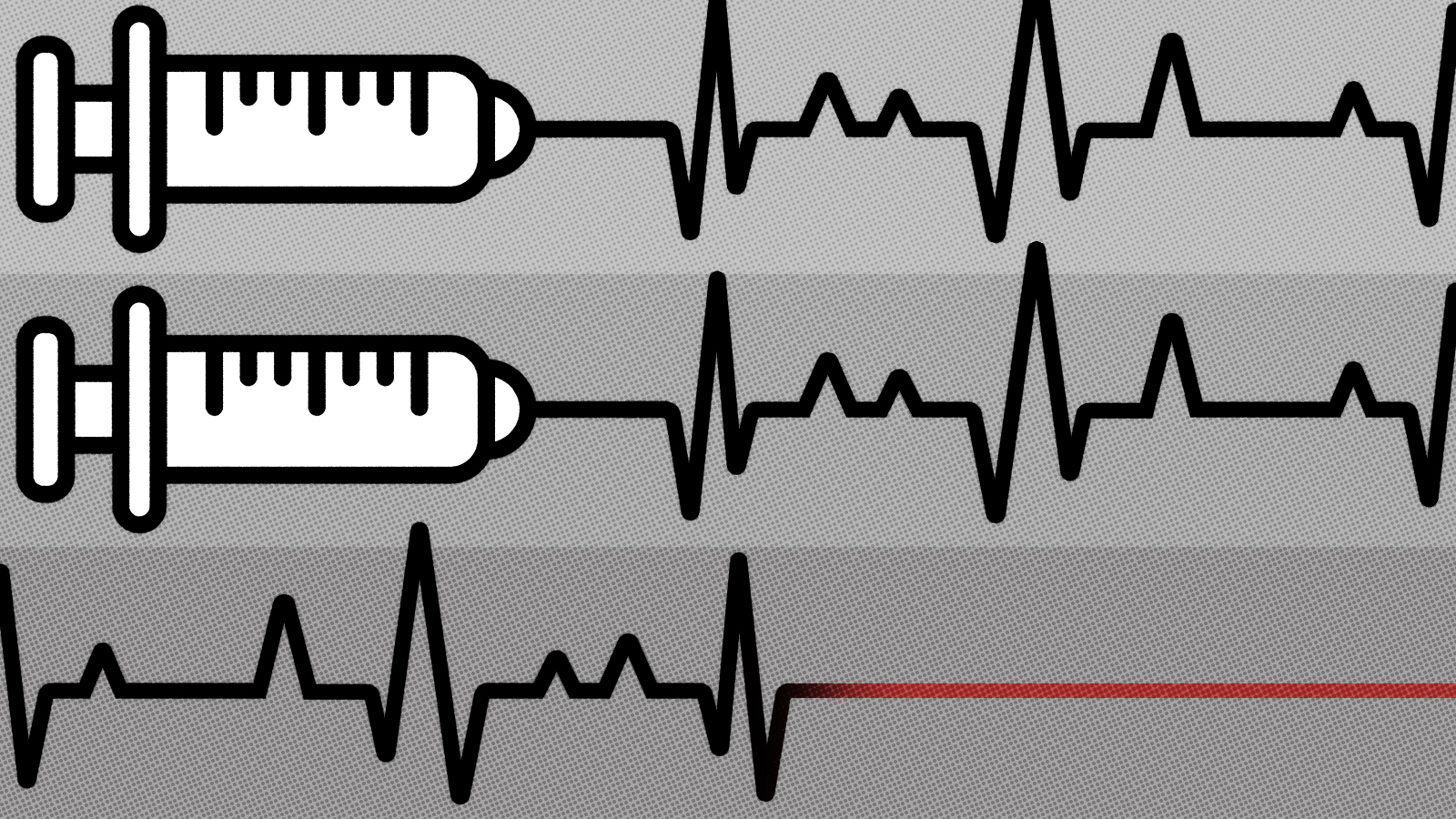 Do unvaccinated COVID patients deserve scarce care? A doctor weighs in.
Do unvaccinated COVID patients deserve scarce care? A doctor weighs in.The Explainer Justice, judgment, and the last ICU bed
-
 How to vaccinate the anti-vaxxers
How to vaccinate the anti-vaxxersThe Explainer Instead of blaming people for not doing the right thing, let's focus on eliminating the obstacles to vaccination that still remain
-
 The U.S. could double its COVID-19 vaccine availability overnight. What's the holdup?
The U.S. could double its COVID-19 vaccine availability overnight. What's the holdup?The Explainer How the FDA could approve a more efficient vaccine rollout
-
 The October Surprise nobody wanted
The October Surprise nobody wantedThe Explainer Trump has COVID-19. Really, 2020?
-
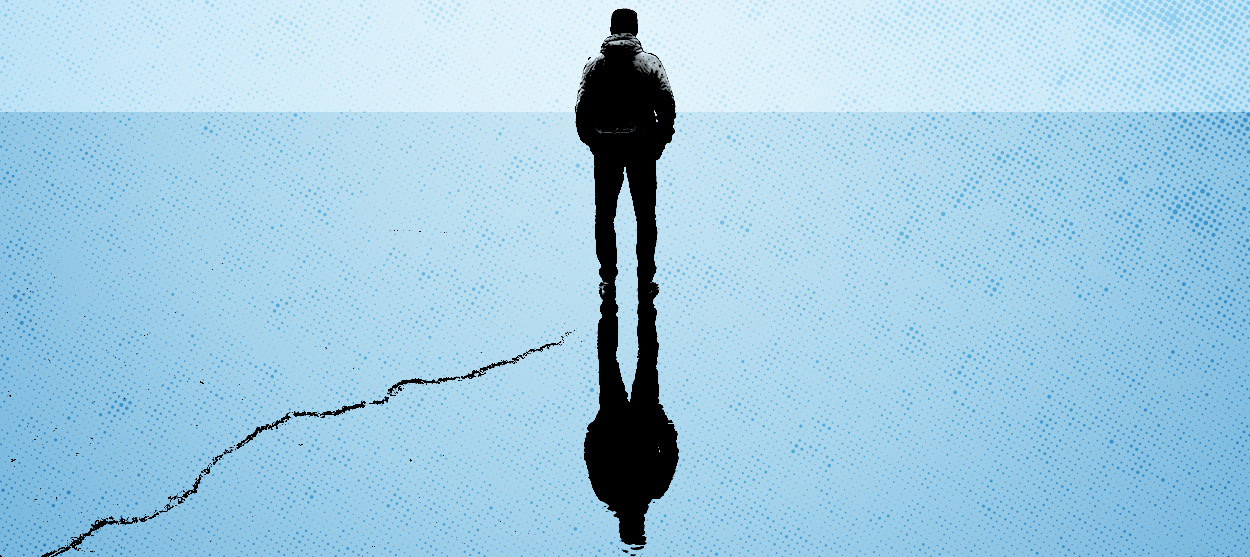 Life is worth living
Life is worth livingThe Explainer What's driving America's rising suicide rate?
-
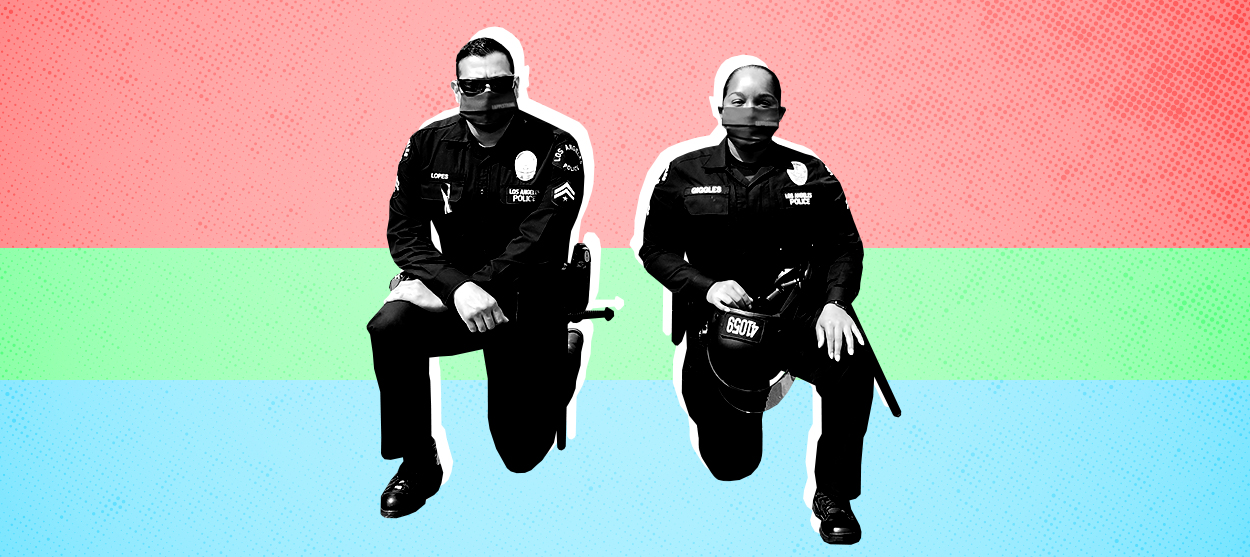 Social workers are masters at de-escalation. Here's what the police can learn from them.
Social workers are masters at de-escalation. Here's what the police can learn from them.The Explainer Knowing how to peacefully resolve conflict, rather than exacerbate it, can save lives
-
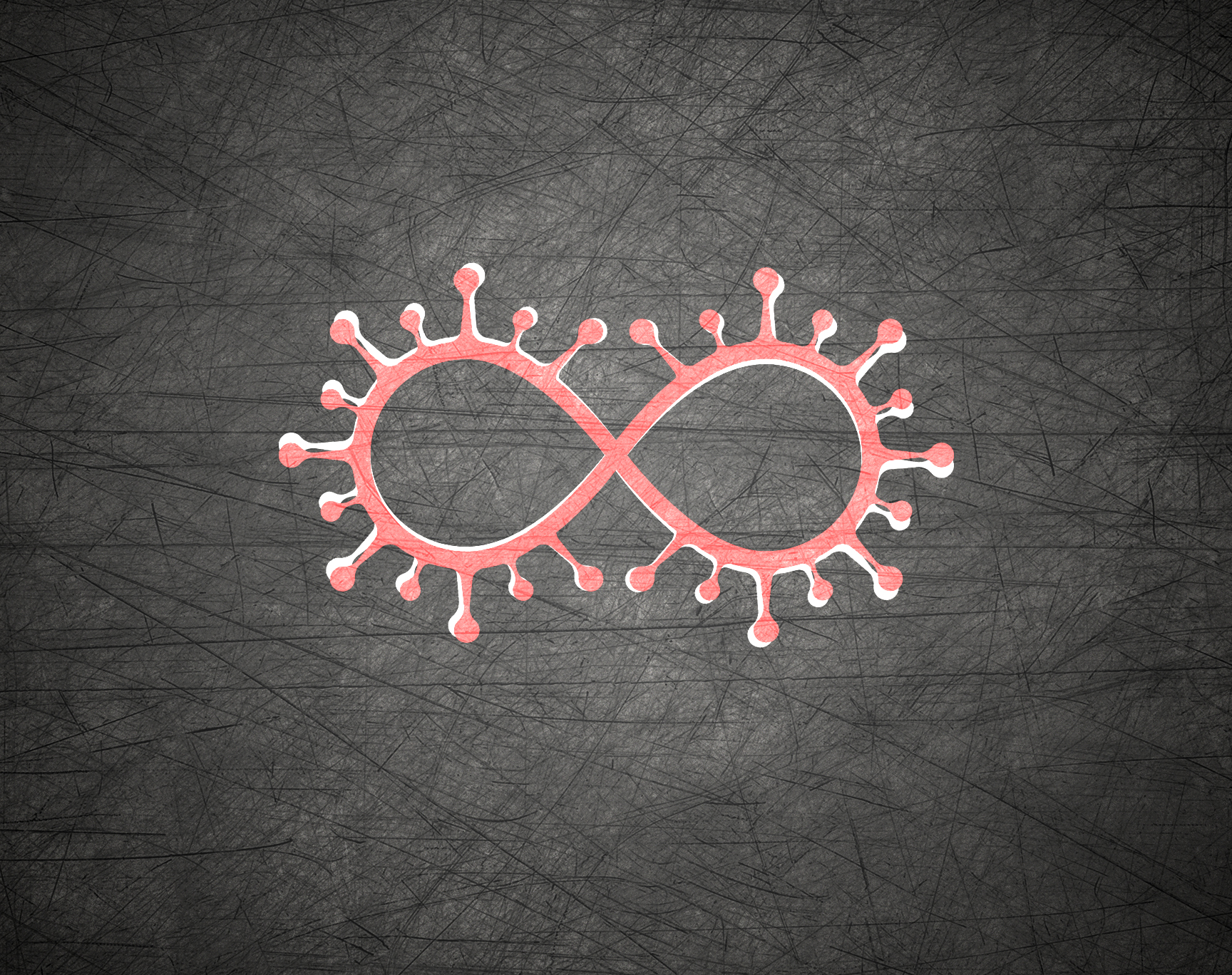 Settling in for the long pandemic
Settling in for the long pandemicThe Explainer Life won't be back to "normal" anytime soon
-
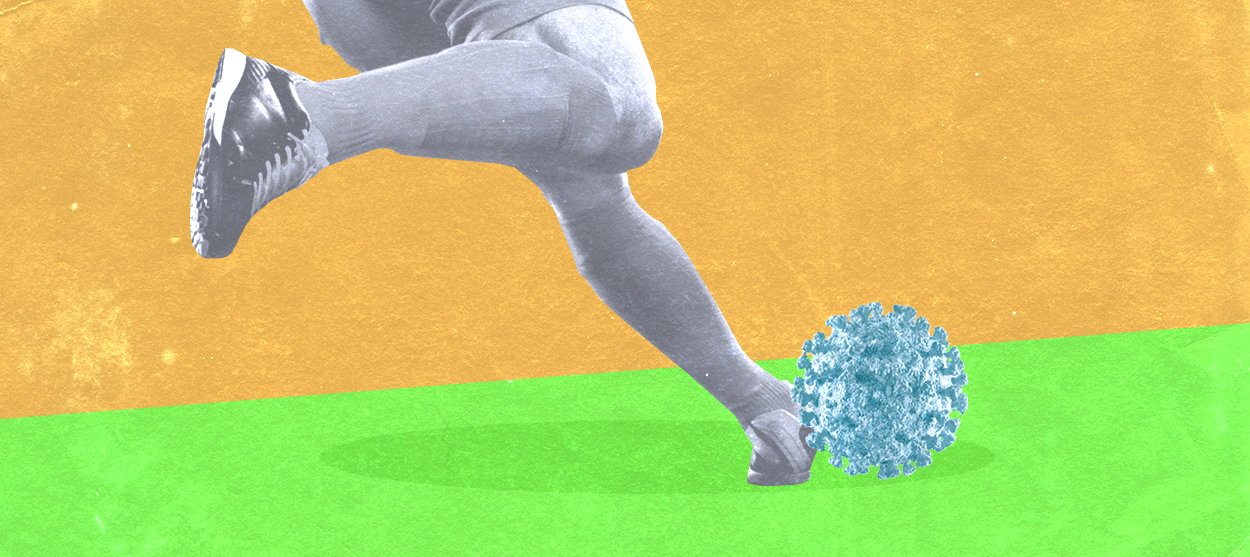 Sports reveal how much America is trailing the rest of the world
Sports reveal how much America is trailing the rest of the worldThe Explainer MLS and other American leagues are stumbling through their pandemic restart plans
